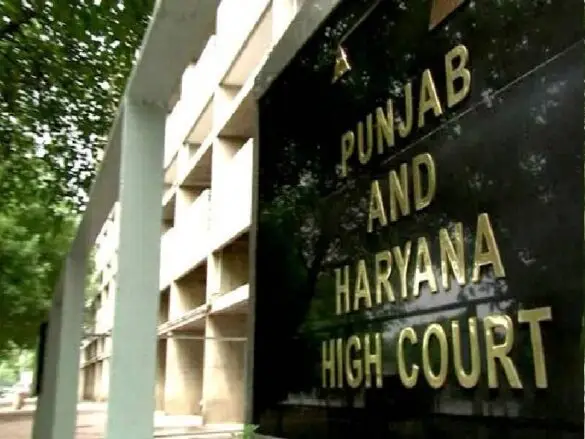CHANDIGARH, May 14:— Punjab and Haryana High Court has held that failure to provide an accused with written grounds of arrest renders the arrest illegal, violating both statutory mandates and constitutional safeguards.
Justice Mahabir Singh Sindhu delivered the judgment while quashing the arrest and remand of a man accused in a drug-linked case involving alleged recovery of foreign currency from premises in Mohali and Phagwara.
The FIR in the case was registered under the Bharatiya Nyaya Sanhita (BNSS) and the Narcotic Drugs and Psychotropic Substances (NDPS) Act at the Anti-Narcotics Task Force police station in Mohali.
The petitioner was represented by senior advocate Bipan Ghai, along with counsels Nikhil Ghai and Akhil Godara.
“Non-supply of the grounds of arrest, as well as the fact that search and seizure was conducted in violation of mandatory provisions of Section 185 of the BNSS, there is no option except to allow the petition,” Justice Sindhu observed.
“The arrest of petitioner is held to be illegal; remand order dated March 19 passed by JMIC is hereby quashed and set aside, being unsustainable in law.”
The court also ruled that the search operation conducted at the petitioner’s locked residence in Phagwara was illegal. Police had broken the lock without recording reasons or informing a Magistrate, violating Section 185 of the BNSS.
Justice Sindhu noted that the arrest appeared to stem from undisclosed, secret information, with the petitioner’s name absent from the FIR and not mentioned by any co-accused.
“The state counsel acknowledged during the hearing that the petitioner’s name was not mentioned in the FIR, nor was it disclosed by any co-accused,” the court stated. “He has been nominated purely on the basis of secret information.”
Emphasizing the legal requirement of providing written grounds of arrest, Justice Sindhu cited Supreme Court precedents, including Pankaj Bansal and Prabir Purkayastha, where the apex court underscored the non-negotiable nature of this procedural safeguard.
“There is force in the argument by senior counsel that it was imperative for the investigating agency to supply the grounds of arrest to the petitioner, but they miserably failed to do so and thus, negated the mandatory provisions of Section 50 of the CrPC as well as breached the safeguards provided under Article 22 of the Constitution,” Justice Sindhu said.
The judge further rejected observations made by the Judicial Magistrate (First Class) that grounds of arrest were indeed supplied.
“These are factually incorrect and contrary to records; thus, liable to be set aside and so ordered,” the judgment concluded.
The ruling reinforces constitutional protections around arrest and detention, setting a clear precedent on the responsibilities of investigating agencies under both procedural and constitutional law.

